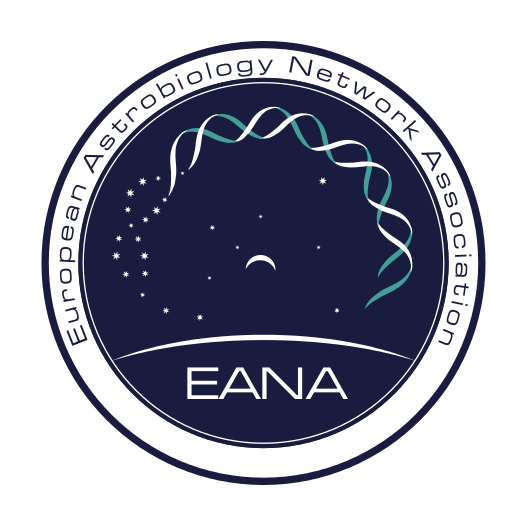Astrobiology Job Market
Below, open positions are listed that have been forwarded by an EANA member. Additional job offers can be found for example at:
- www.physicaloxy.com
- astrobiology.nasa.gov/careers/
- www.researchgate.net/jobs
- www.findapostdoc.com/search/?DID=6223
- Earthworks Jobs
- NOW OPEN: Associate or Assistant Professor Position at the Section of Chemistry & Biochemistry at the University of Geneva
The research area should be in the broad field of prebiotic chemistry and or biochemistry of early life and its precursor(s); the transition from simple molecules towards more complex matter with Life-like features – a self-sustaining chemical system capable of Darwinian evolution.
The position is now open!
If you’re interested, please don’t hesitate to reach out to Prof. Emeline Bolmont: emeline.bolmont@unige.ch
Start: September 2026 or as agreed
Application Deadline: 2026-03-15
Webpage: https://jobs.unige.ch/www/wd_portal.show_job?p_web_site_id=1&p_web_page_id=72796
Contact: Emeline.bolmont@unige.ch

